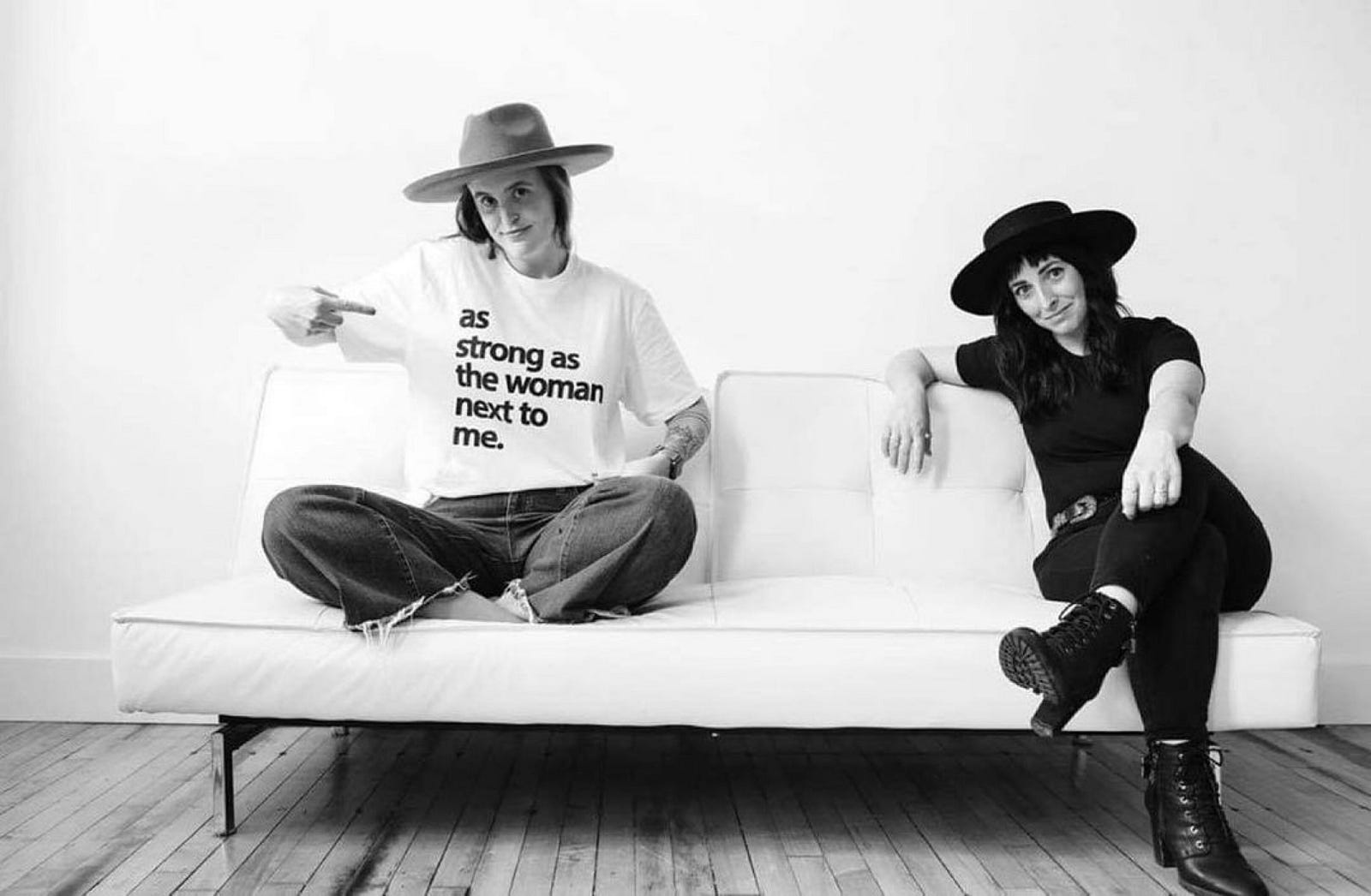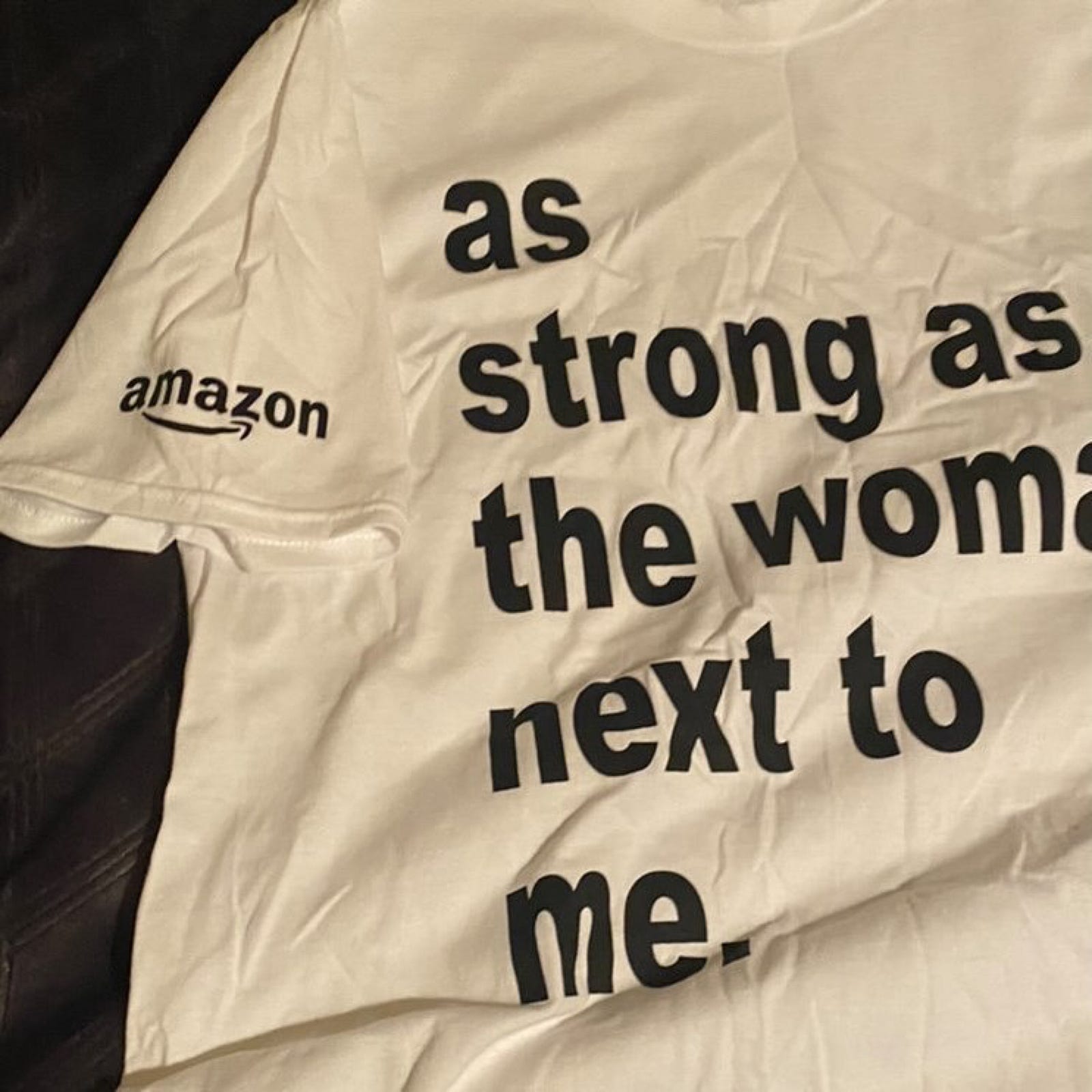If you have something you want to protect start thinking about it as a brand.
This is how to keep this from happening to you, protect your intellectual property: trade secrets, patents, trademarks, and copyright know the difference

Can you imagine inspiration striking, knocked you upside your head? The universe got your attention. Your muse was on duty this day. Overwhelmed you start messy crying, think of Viola Davis in Fences. You grab your phone, send a message to your designer on Facebook, and just like that you’ve breathed life into another amazing design that resonates with your messengers.
Now imagine your message being jacked and pressed up on t-shirts for profit, how would you feel? Would you be flattered? This is what Kalilah Wright, the founder of MessInABottle has to contend with on a regular. But, today was different because the culprit this time was the retail behemoth Amazon. Wright has built a loyal following online, think the Beyhive. It would only be a matter of time before one of her messengers reported Amazon slapped their logo on a shirt with Kalilah’s slogan: “as strong as the woman next to me.”

As strong as the woman next to me is a powerful message. A black woman created the slogan a quick google search would have revealed that fact, once you realize that you’ve got a decision to make. Do you appropriate the design and chalk it up to “free game” since there are 14 pages of small businesses on google selling the exact slogan, or do you reach out to Kalilah and inquire about collaboration opportunities?
As a former retail manager, there’s a famous quote “ask for forgiveness, not permission.” In this instance, I would’ve gone with the long tail and asked for permission instead of the short tail victory. But, it’s not too late for Amazon to rectify the situation nor is too late for you to protect your brand now.
We recently toured the District in New Haven Connecticut with Dave, one of the co-founders, and Jay Majors the founder of the CT Barber Expo the largest barber expo in the world. The District is a massive forward-thinking campus, technically it is a shared workspace but, to categorize it as such doesn’t capture the essence of the facility. One of the many perks at the District is you have access to an IP lawyer.
Andy Corea is the Managing Partner of Murtha Cullina LLP and former Chair of the firm’s Business and Finance Department. He has practiced trademark law since 1999 — first, as a trademark examining attorney for the United States Patent and Trademark Office, later at an intellectual property boutique, and now as a member of Murtha Cullina’s Intellectual Property Practice Group.
His comprehensive trademark practice includes both transactional and adversarial matters. He assists clients in obtaining trademark rights through clearance, counseling, and prosecution of trademarks and provides intellectual property due diligence to support mergers and acquisitions. He also helps clients protect their intellectual property rights through enforcement, litigation, and licensing. He appears regularly before the United States Trademark Trial and Appeal Board and has represented clients in federal court cases throughout the country. He serves as an adjunct professor at the University of Connecticut School of Law and is actively involved in the South Asian Bar Association of Connecticut, Connecticut Intellectual Property Association, and the Judge Janet Bond Arterton American Inn of Court.
Andy was gracious enough to speak with us about MessInABottle’s dilemma he said: ”In the case of a slogan, it is sometimes difficult to establish trademark rights because it is nontraditional. We don’t think of slogans necessarily identifying a particular source of goods or service. The Apple logo is used in a way that is consistent with a trademark.” Andy continued: “Slogans don’t intuitively tell us that they are associated with a brand therefore, they don’t automatically get associated with a product nor will they automatically qualify for trademark protection. However, if they are used in a way that is consistent with a trademark then they would be protected.”
On December 7, 1999, the United States Court of Appeals, Federal Circut decided that The Boston Beer Company Limited Partnership aka Samuel Adams could not register the phrase “The Best Beer in America” even though they spent about two million on promotions and promotional items which included the phrase.
Life is Good is an example of a slogan that was turned into a brand, because they use it consistent with a trademark. The trademark office considers slogans splashed on the front of a t-shirt ornamental or decoration. However, if you were to take that same design and affix it to a label attached to the shirt or print it on the back of the neck inside the t-shirt that would be considered a trademark.
Andy said: “Trademarks don’t allow you to extract from public discourse a well-known phrase.” Eaglecrest applied to register the mark “Once a Marine Always a Marine” for various clothing items the examining attorney refused registration, maintaining that the phrase, as it appears on the specimens of use would be perceived as merely informational and not as a trademark. If a slogan it’s connected to the artwork it can be protected under copyright law.
“If you have something you want to protect you should start thinking about it as a brand.” ~ Andy Corea
As you’re brainstorming, if you come across something that you want to protect you should think about it as a brand, more to the point think about the following:
- How you want to use it.
- What specific goods and services you want to associate with it.
- How other players in the field use their mark? ( use it in a way that’s consistent with the way they use it.)
- Retain a lawyer or file the trademark application yourself, so you can establish a claim.
There are four basic intellectual property regimes in US law.
- Trade Secrets which protects propriety information
- Patents new technology or a new way of doing something
- Trademarks protect brands.
- Copyright protects content
So when you establish something new first thing you wanna do is ask yourself which of these four things the best way to protect your idea and it may not always be intuitive. When in doubt reach out to an attorney.
Download a FREE Podcast Launch Checklist. Be the first in line to receive a copy of Write Outta Hell: “Write Outta Hell!” Is the story of a man who wrote 104 running related raps/short stories over two years by only using the notes app on his phone and a microphone. In the process, he delivered inspirational messages of hope to thousands of people all over the world, discovered his voice, and found peace. Now Available: The Gospel of The Hustle in The Jungle: Proven Strategies for Navigating From The Block to The Boardroom.













